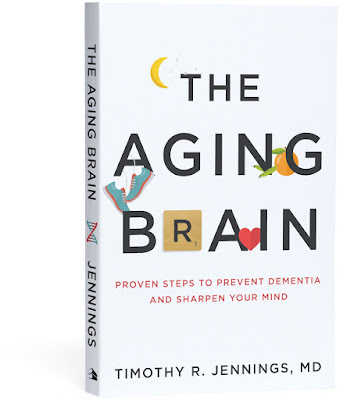Trump Aftershock:
The President's Seismic Impact on Culture and Faith in America
Author: Stephen E. Strang
Publisher: Frontline, Charisma Media/House Book Group, Lake Mary, Florida, 2018
Full disclosure: I am a big supporter of President Trump and I am a person of faith. This book covers both the President and his impact on faith. Stephen E. Strang is no stranger to both book publishing and book writing. He knows his craft well. He has a slew of editors and researchers that help make his books most informative. I noted that this one included no fewer than 536 reference notes backing up his comments and quotations.
For me, Trump Aftershock read like a “this was your radio and TV life” account covering the period from June 16, 2015, when Trump announced his candidacy up to the middle of August 2018 when Strang sent his book to print.
The list of topics covered is very extensive. And Strang knows how to give you the background to the issue as well as how it was or is being resolved. But he goes beyond that, explaining how we got to where we are and why, and then clearly provides the possible implications.
There is considerable information on the matter of how Trump’s administration was impacted by conservative religious America and also how the two camps (his and theirs) are getting along, or not. The book will definitely please conservatives and Christians, but I contend (although I hate to admit it here) it’s a must read for liberals, atheists, and Democrats if they really want to know why Clinton lost in 2016, and why over 80% of Evangelicals are sticking with Donald Trump. Strang explains very convincingly (with his team’s research) the political, emotional, and spiritual dimensions of just what went down and why.
This book will round out any reader’s knowledge with respect to American politics. Here are just a few examples of what I learned. Strang writes:
· “the faithful have not sold their souls; rather, they have taken a calculated position based on the political alternatives and their understanding that all men are sinners” in a great section explaining how and why people of faith can vote for a so-called sinner like Trump.
· Typically, “America’s policymakers tend to respond more to their activist base than to the voters who elected them” in explaining why Trump, doing the opposite, is maintaining his support.
· “The terms Left and Right, and the institutional divide between parties, actually date back to the French Revolution of 1789, when members of the anti-royalist faction, including the Jacobins, in the French Assemblée Nationale moved to the left side of the chamber to express disdain for the loyalist defenders of the king, who were seated on the right.”
· “Dennis Prager recently observed that the number one fear in America today is the fear of violence from the Left.”
· There are most interesting sections on:
o the Christian upbringing of Kim Il-Sung, the grandfather of the current dictator Kim Jong-Un
o the national debt and Trump’s incredible gamble
o the Davos meeting(s)
o George Soros – his upbringing, organizations he funds, his hatred of anything Godly, and his impact
o the most liberal investment portfolio of Warren Buffett, not to mention the foundation in memory of his wife (discover that one – it’s worth the purchase of the book)
o the battle for Jerusalem and the Iran Nuclear Deal
o and many more
· Policymakers say, “weak productivity remains a major concern for economies with aging populations and a need to provide higher levels of support for seniors and other segments of society.”
· “Some of the battles that would have been settled with a Clinton win will now continue for the next four to twenty years.”
· On the issue of a split America: “There is no question that the United States is engaged in a war of worldviews. . .. Many conservatives . . . are convinced America has gone off the tracks and may be headed for a major split, or possibly even a civil war. . .. Why? For one thing. . .liberals no longer believe in the Constitution. . . the idea of a ‘living Constitution’ is all about . . . (making) it up as you go.”
· “The secular media only seems interested in Evangelicals if they can find evidence of hypocrisy or bigotry.”
Strang is convinced that God is using Donald Trump today for America as He did Winston Churchill and General George Patton to keep the Nazis from taking control of Europe and possibly, ultimately the world. You can decide for yourself. Highly recommended.
· Ken B. Godevenos, President, Accord Resolutions Services Inc., Toronto, Ontario, January 29, 2019, www.accordconsulting.com
It would be great if you would share your thoughts or questions on this blog in the comments section below or on social media.




